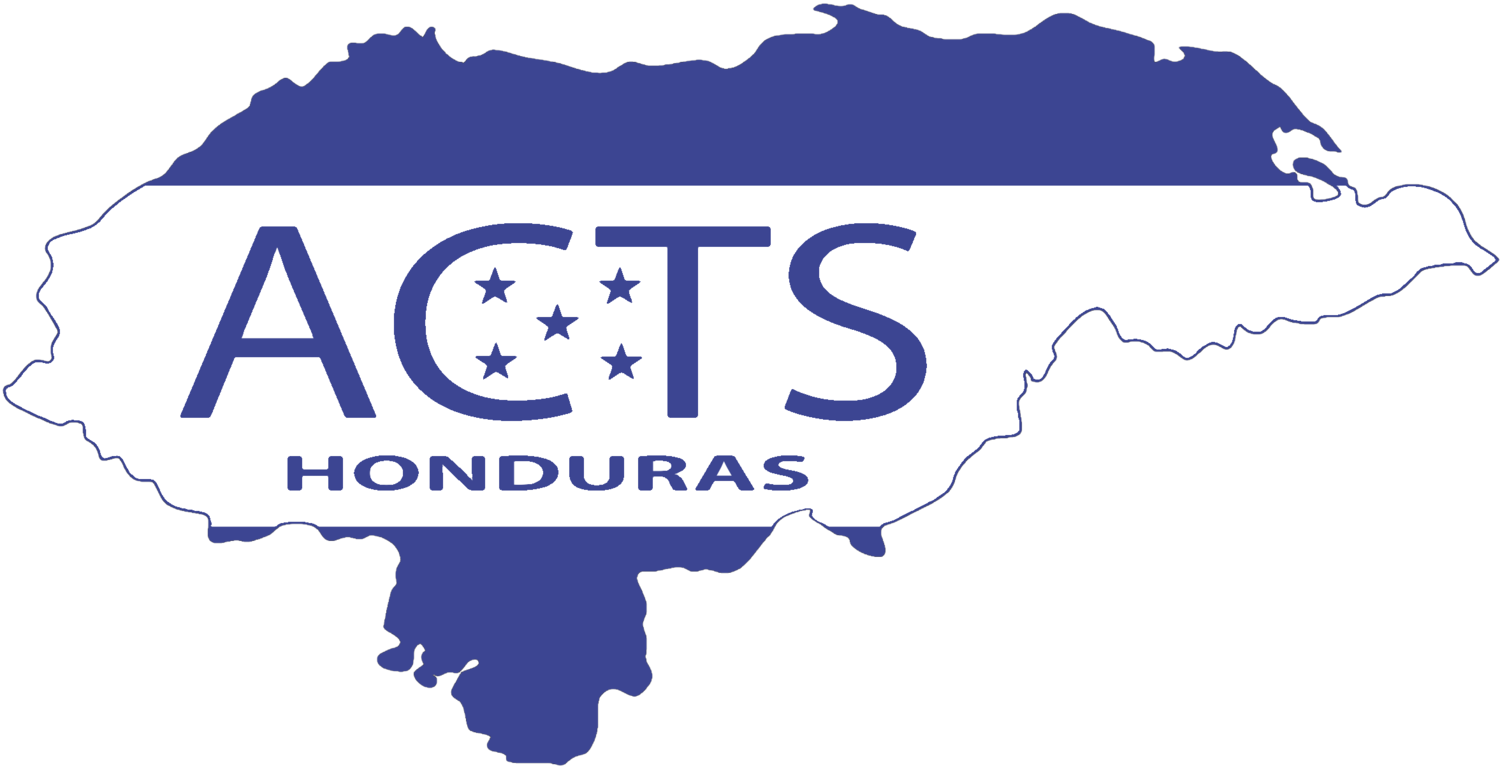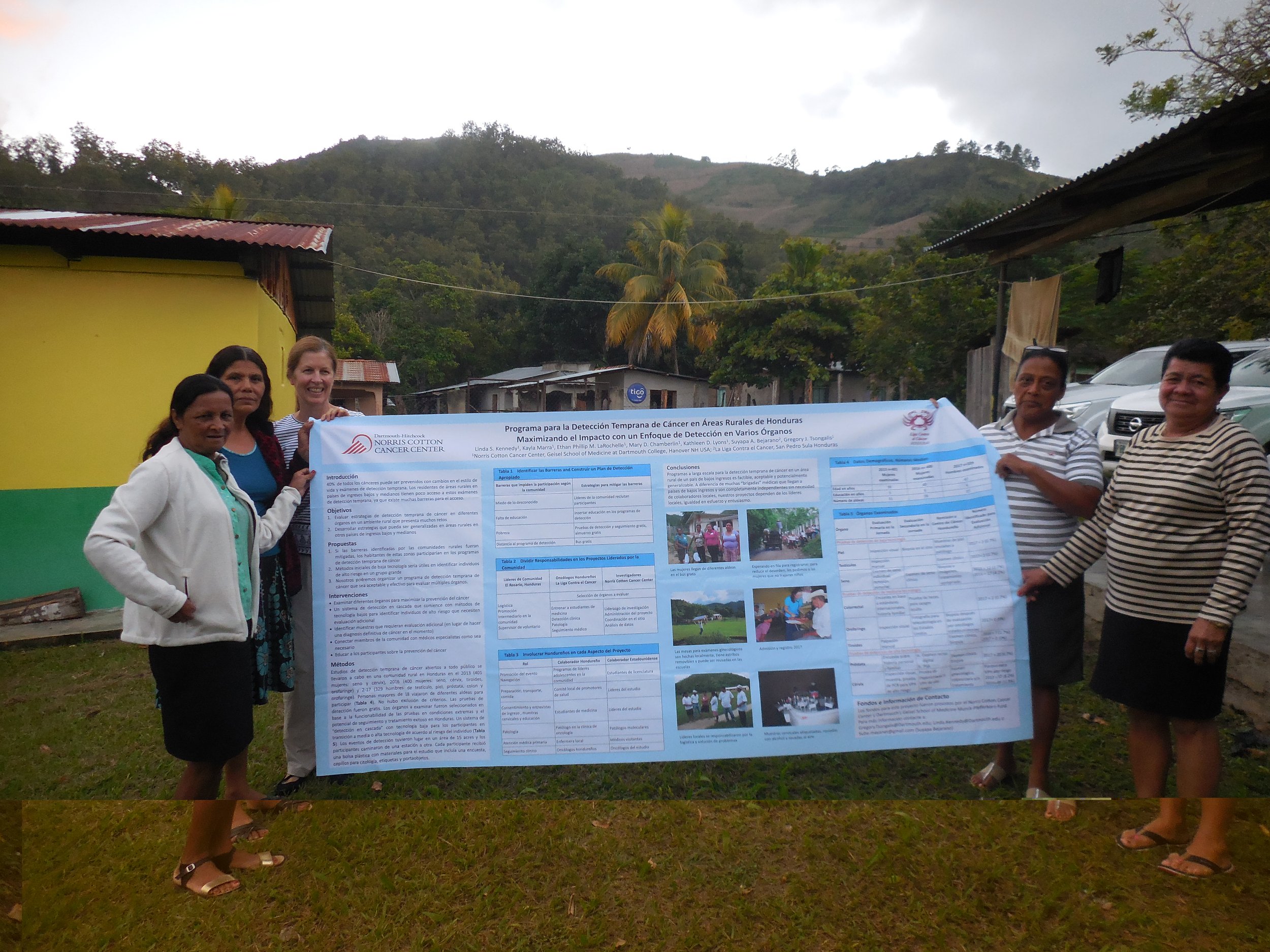
Research
When possible, we use a scientific approach and take pride in developing new knowledge to share with others. Our research team is broad, varied, and enthusiastic.
In health care research, U.S.-based faculty leadership comes from Dartmouth’s Geisel School of Medicine and Dartmouth Cancer Center. In Honduras, “UNICAH,” which is the Universidad Catolica de Honduras is the base. Coordinating throughout Latin America and the Caribbean, the organization Latin-American and Caribbean Society of Medical Oncology (SLACOM) in Buenos Aires has been essential. Key personnel are from those organizations and study coordinators are recruited from UNICAH’s Student Research Association and their PESCA program designed to prevent cancer.
Onsite in Honduras, the local committees are old hands at organizing and managing large research events with 350+ participants in cancer screening programs called “jornadas.” Residents, including men, join studies enthusiastically and are proud to be part of an effort to make health care better internationally.
Other projects focus on education and the intersection with health. A major project tested a new way to teach farmers to spray pesticides more safely. In 2024, our primary research project is evaluation of Taking Care of You (TCY), a teen health education program with 78 consented participants. Findings of the TCY evaluation will inform development of the 2.0 version of the curriculum that may become standard in 17 associated high schools.
Published Work
Opportunistic Breast Cancer Education and Screening in Rural Honduras
Screening for Human Papillomavirus in a Low- and Middle-Income Country
HPV, vaccines, and cervical cancer in a low- and middle-income country
Rural distribution of human papilloma virus in low- and middle-income countries
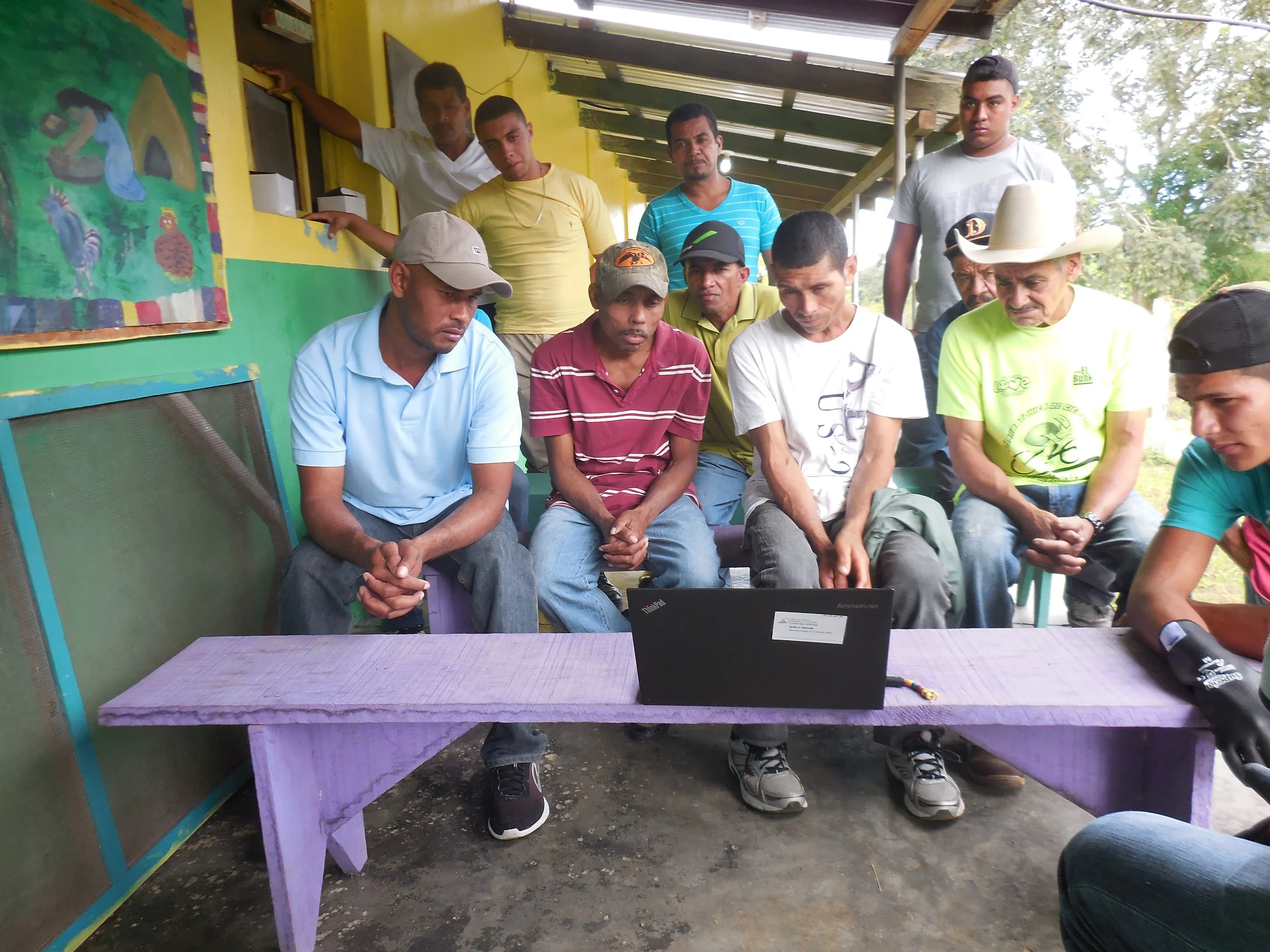
Pesticides play a major role in farming in Honduras. Soils are depleted, and it is very difficult to grow anything. This study led by two Geisel students introduced safer spraying techniques and measured uptake using a novel fluorescent dye in the sprayers to track where and how much overspray got on the farmers themselves before and after education.
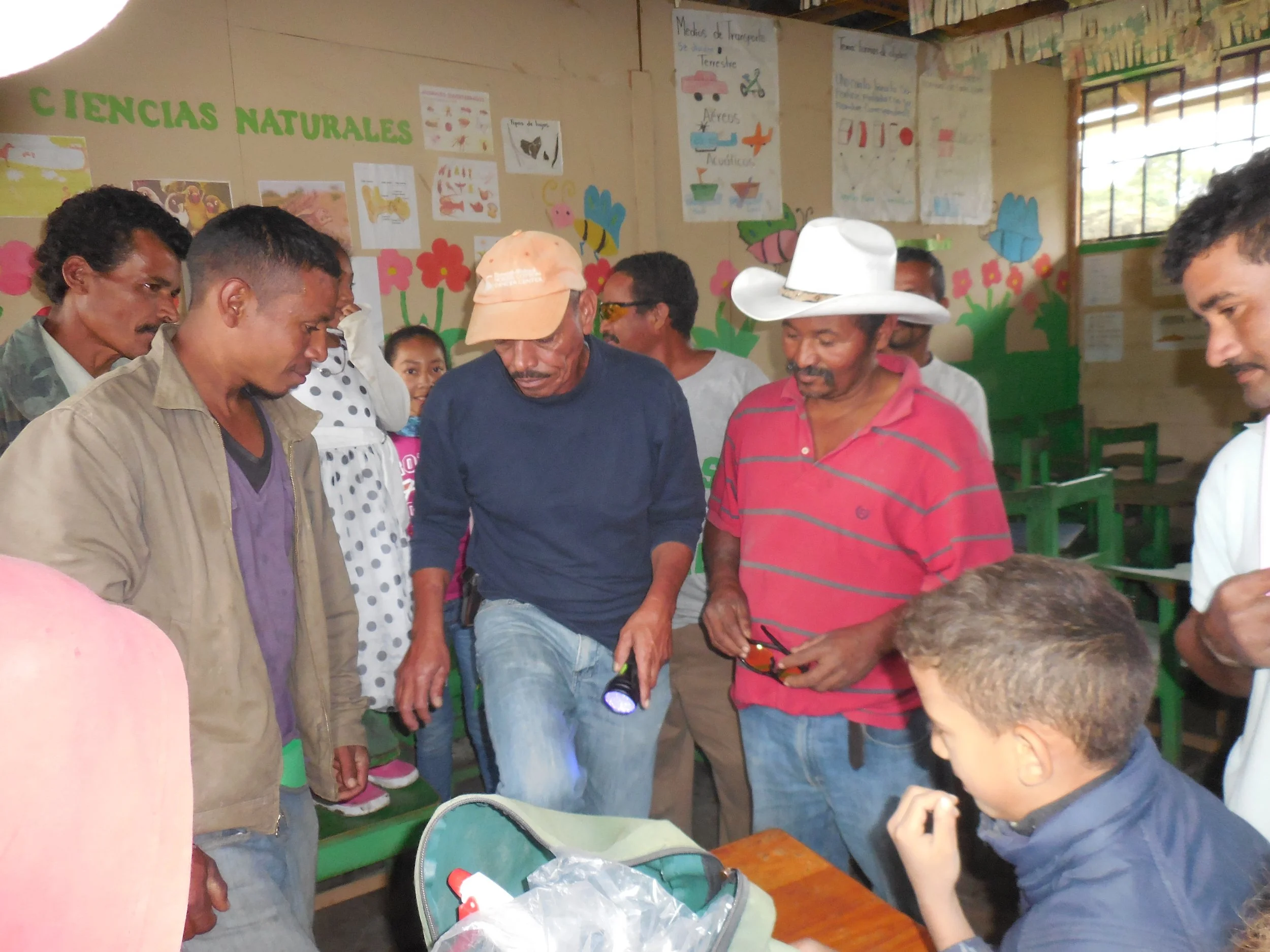
After the pesticide study concluded, motivated men from the study group who received the education content, went out to other communities to pass on the information.
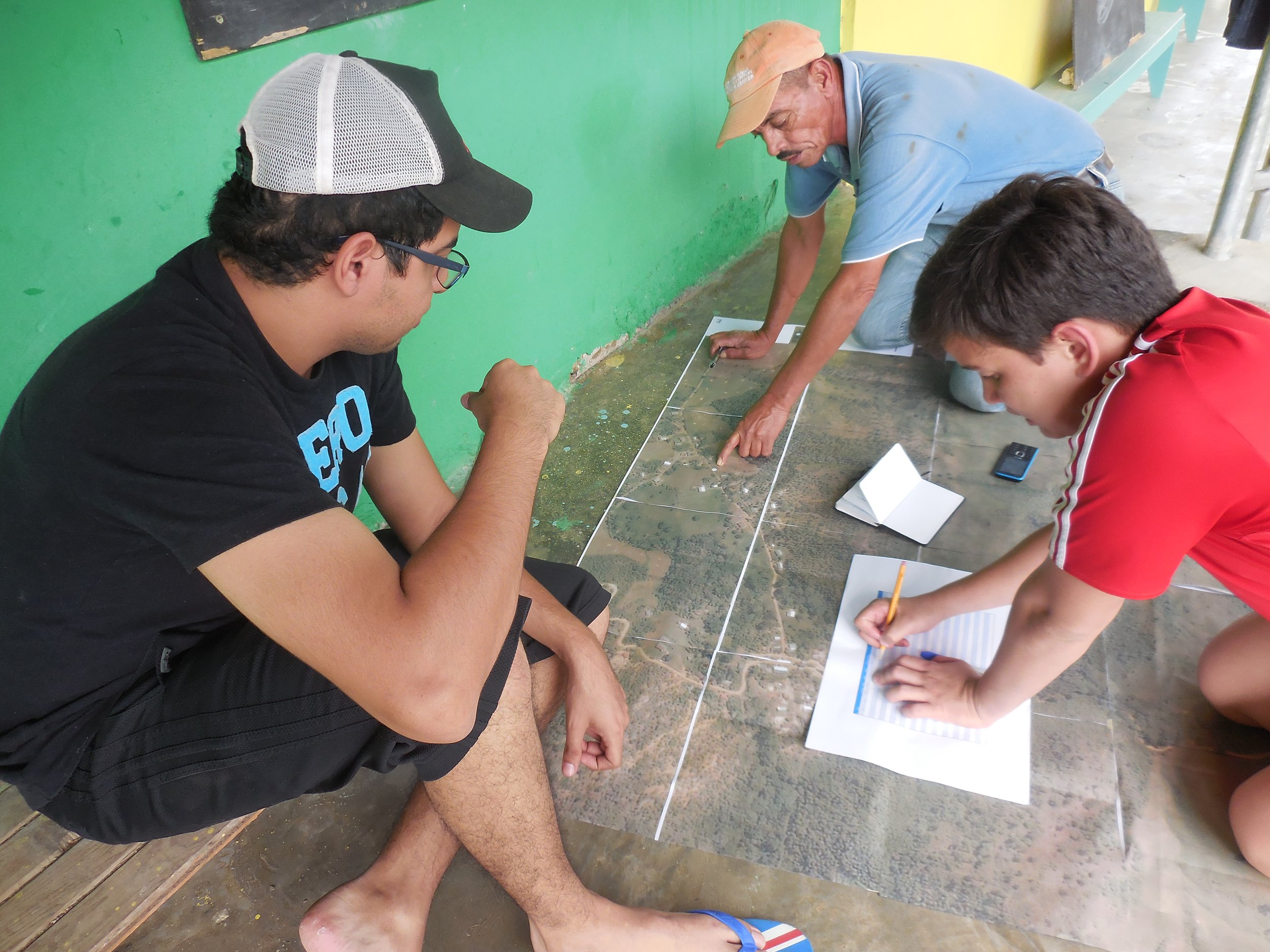
In Honduras, which is seldom surveilled by satellites, mapping the area for a soil, water, and plant study to support regenerative agriculture included working with older files, printing them, and taping them together to get a wide view of the region.
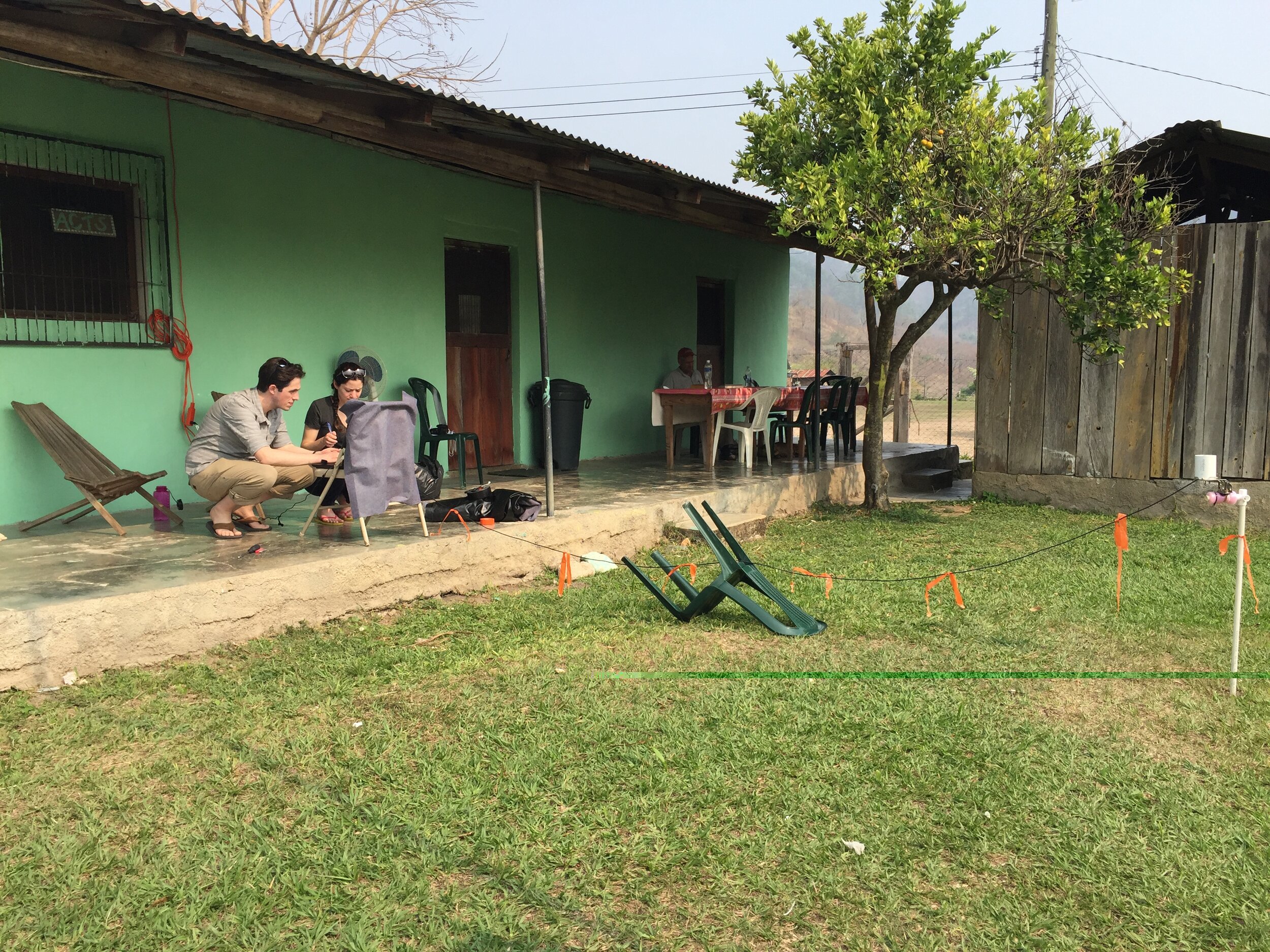
Every ACTS trip to Honduras is a multipurpose set of essential activities. Here Ethan LaRochelle and his colleague are measuring sunlight to test a system that would utilize sunlight to activate a topical medication for skin lesions.
